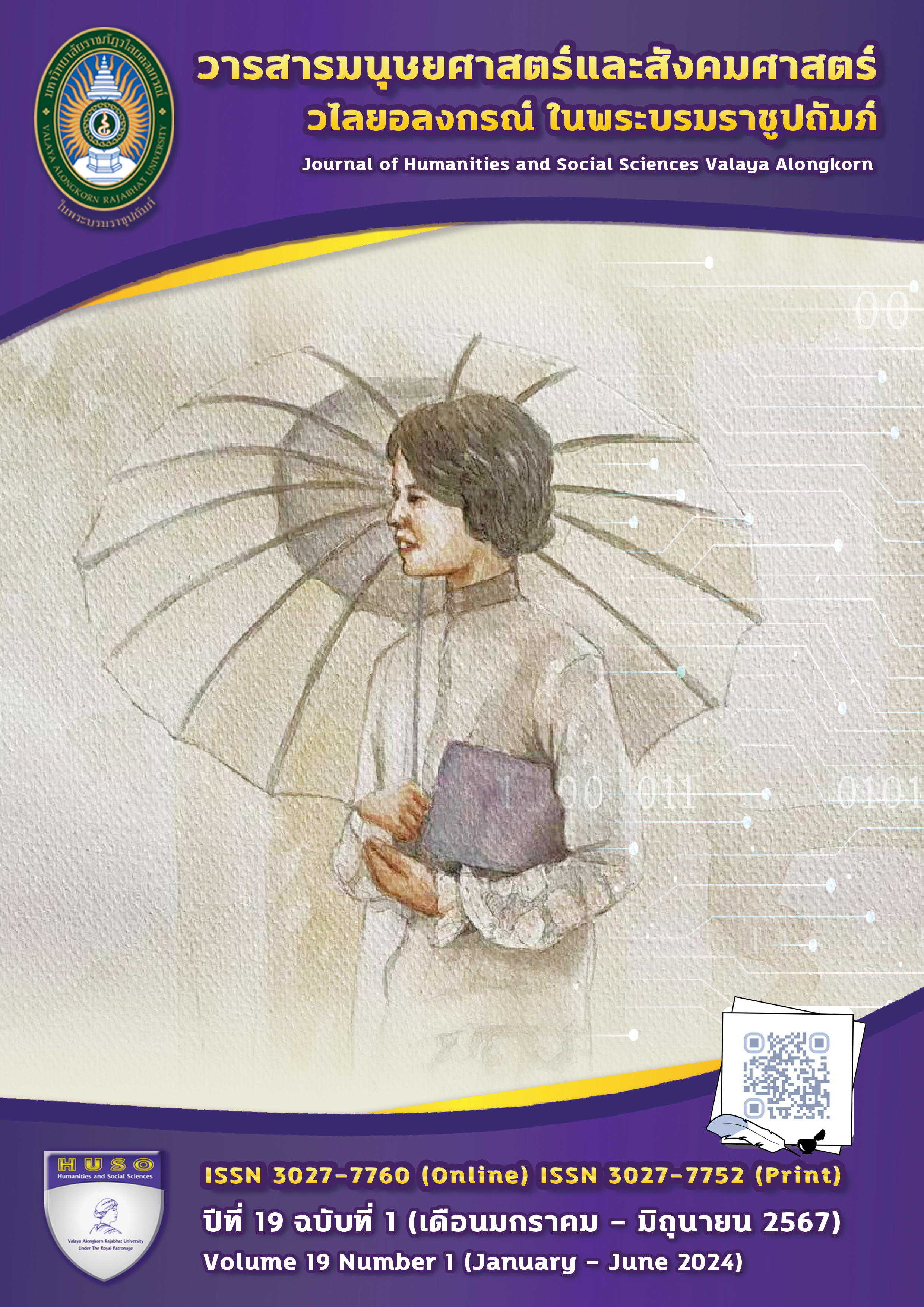THE ROLE OF METACOGNITIVE STRATEGIES IN L2 LISTENING INSTRUCTION
Main Article Content
Abstract
Listening skill is one of the essential receptive skills that has long been studied in language learning. The fundamental framework regarding listening process and listening instruction has emerged in many aspects. Although listening instruction was tremendously influenced by the materials emphasizing written language in the past, the focus has shifted onto more communicative approach since the occurrence of Communicative Language Teaching methodology. This article describes the most common cognitive frameworks about the process of listening, such as top-down and bottom-up, the three-phase listening model and five stages of listening process. Moreover, since the role of metacognitive strategy training has been recently emphasized in language learning, the application of metacognitive listening strategies in listening instruction are investigated. The potential uses of the Metacognitive Awareness Listening Questionnaire (MALQ) based on the research study are examined to see how second language listeners’ metacognitive awareness and perceived uses of strategies during listening tasks enhance the students’ listening competences both inside and outside the classroom.
Article Details

This work is licensed under a Creative Commons Attribution-NonCommercial-NoDerivatives 4.0 International License.
ลิขสิทธิ์บทความวิจัยที่ได้รับการตีพิมพ์เผยแพร่ในวารสารมนุษยศาสตร์และสังคมศาสตร์ วไลยอลงกรณ์ ในพระบรมราชูปถัมภ์ ถือเป็นกรรมสิทธิ์ของคณะมนุษยศาสตร์และสังคมศาสตร์ มหาวิทยาลัยราชภัฏวไลยอลงกรณ์ ในพระบรมราชูปถัมภ์ ห้ามนำข้อความทั้งหมดหรือบางส่วนไปพิมพ์ซ้ำ เว้นแต่จะได้รับอนุญาตจากมหาวิทยาลัยเป็นลายลักษณ์อักษร
ความรับผิดชอบ เนื้อหาต้นฉบับที่ปรากฏในวารสารมนุษยศาสตร์และสังคมศาสตร์ วไลยอลงกรณ์ ในพระบรมราชูปถัมภ์ เป็นความรับผิดชอบของผู้นิพนธ์บทความหรือผู้เขียนเอง ทั้งนี้ไม่รวมความผิดพลาดอันเกิดจากเทคนิคการพิมพ์
References
กรรณิการ์ แสงทอง. (2563). แนวทางการพัฒนาผลิตภัณฑ์ผู้ต้องขัง. วารสารกำลังใจ, 8(2). 15-18.
บุญธรรม บุญชูวงศ์. (2562). นวัตกรรมเรือนจำ. วารสารกำลังใจ, 7(2). 17-26.
พงษ์รัตน์ เครือกลิ่น. (2563). คำอธิบายกฎหมายแรงงานเพื่อการบริหารทรัพยากรมนุษย์. สำนักพิมพ์นิติธรรม.
พรนภา นิมิตรธนะเศรษฐ์. (2562). ก้าวทันวิจัยในพระดำริฯ. วารสารกำลังใจ, 7(3).75-80.
วิจิตรา ฟุ้งลัดดา. (2562). กฎหมายแรงงาน. วิญญูชน.
อัจฉรียา ชูตินันทน์. (2563). อาชญาวิทยาและทัณฑวิทยา. วิญญูชน.


